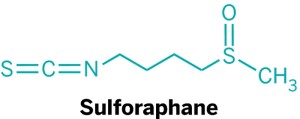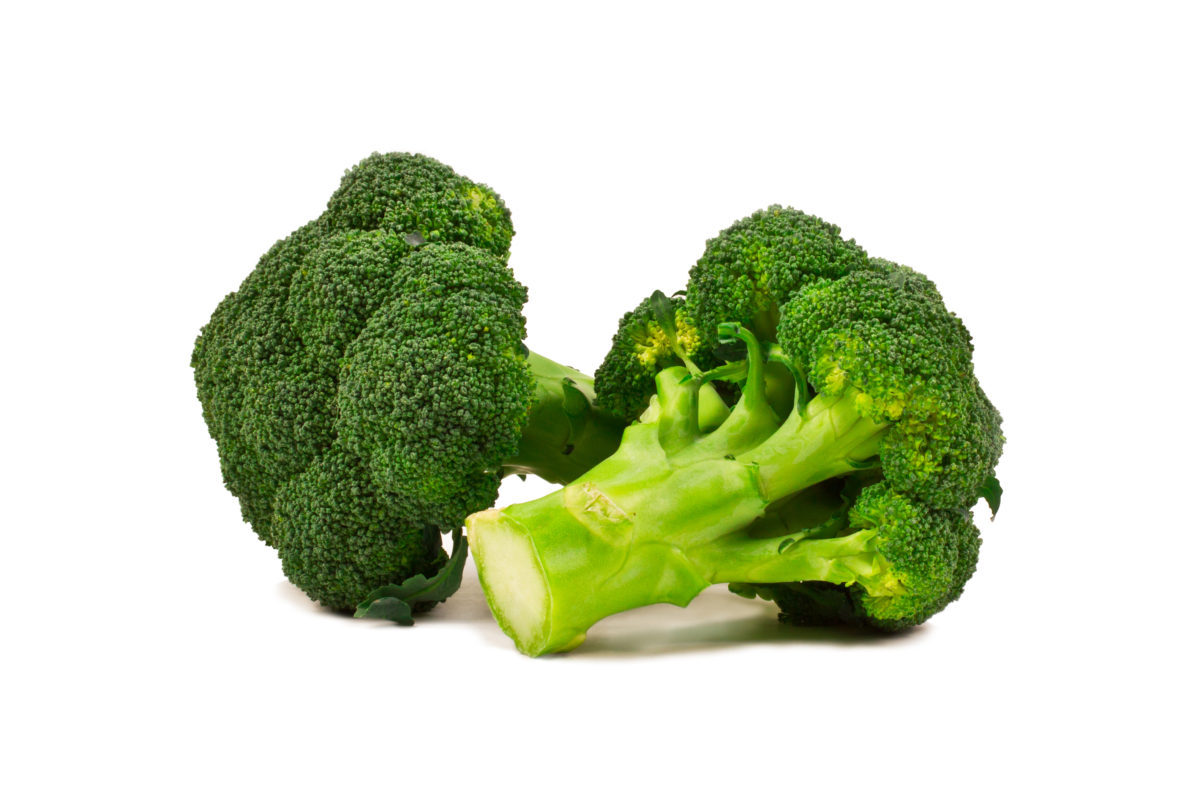Broccoli and other cruciferous vegetables are well-known for their wide range of health benefits. But recently, scientists discovered that they may be helpful for the often mysterious symptoms of Autism as well.
The Study
According to a new study published in the journal Proceedings of the National Academy of Sciences, a phytochemical derived from broccoli called sulforaphane may improve social behavior, a skill that’s often hindered or non-existent in those with Autism. During the study, scientists at the MassGeneral Hospital for Children’s Lurie Center for Autism gave young men ages 13-30 with moderate to severe autism a dose of sulforaphane for 22 weeks. At the end of those 22 weeks, they found that a variety of social behaviors in the study participants had improved significantly.
Broccoli Compound Inhibits Lung Cancer in Smokers
Interestingly, this research was inspired by a 2007 report that indicated social behavior in those with Autism improved when they had a fever. This previous study noted that there were several chemicals that stimulated changes in the behavior of autistic individuals during fever. One of them was sulforaphane.
Another one of the study participants reported she and her son’s teachers noticed an improvement in his social behavior during the study. What’s more, when this 21-year-old participant had gotten sick with a fever before, his social behavior improved as well. Study author Dr. Andrew Zimmerman, a clinical professor of pediatrics and neurology at UMass Memorial Medical Center, said researchers don’t want to imply that sulforaphane is a “cure” for autism – but this study definitely shows promise that there may be an equal or better supplement that could treat autism.
Phytochemicals and Antioxidants in Cruciferous Vegetables
According to InVite Health’s Dr. Millie Lytle, ND, MPH, CNS, “Antioxidants (derived from plants) consumed through daily diet or plant-derived dietary supplements, have been shown to prevent free radical-related diseases by counteracting cell oxidative stress. However, it is now considered that the beneficial effects of these phytochemicals on the body are unlikely to be explained by their antioxidant capability alone. Dozens of plant-based antioxidants exhibit hormetic properties, acting as ‘low-dose stressors’ that prepare cells to resist more severe stress. An organic plant is more medicinally valuable because it has had to fend for itself through cold snaps or when a pest takes a bite of it. These low-level stressors actually stimulate the plant to produce more protection mechanisms. And when we eat them, they do the same for us. In fact, low doses of these phytochemicals activate cell signaling pathways but high doses are cytotoxic, which explains why more is not necessarily better. It is a small amount in the daily diet that is most beneficial. A research study looked into the adaptive responses induced by the most known plant hormetic antioxidants – sulforaphane from broccoli, resveratrol from red grapes, curcumin from turmeric, flavonoids from the healthiest fruits and vegetables, green tea catechins and how they are specifically helpful in preventing degenerative disease and even cancer via activation of endemic antioxidant pathways” Read more here!
What do you think about this new study on the link between Brocolli and Autism? Leave us a comment to join in the conversation!




